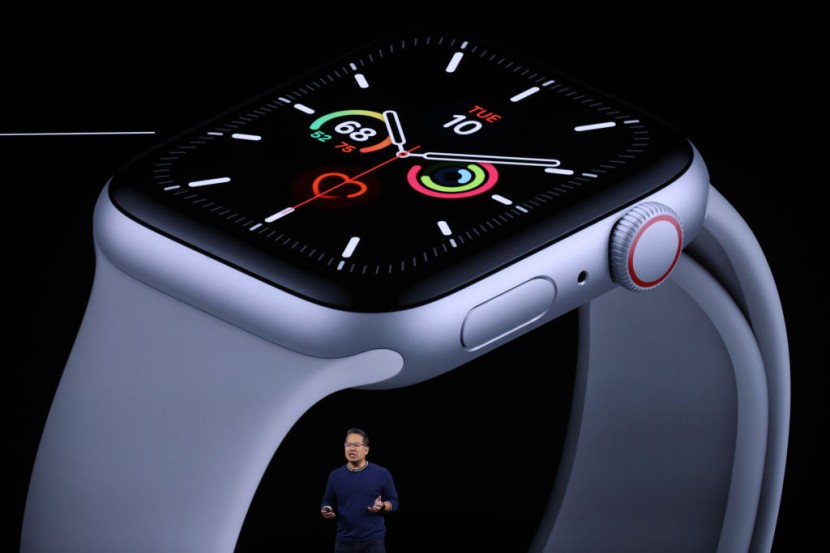
Apple Watch's heart monitor could lead to worthless visits to the doctor. According to a new study, merely an estimated 10 percent of people who consulted a doctor at the Mayo Clinic after being alerted by an irregular heart reading were positive of an illness.
Unnecessary Medical Bills
Researchers stated that false positives burden customers with unnecessary medical bills and could excessively tax healthcare systems. The Apple watches could lead people to dismiss accurate symptoms including dizziness or difficulty breathing because they have yet to receive a warning.
Research also displayed that such home health monitoring devices could result in overexploitation of the healthcare system. This could increase the squandering of both patients and the system and waste the time of the medical practitioner and probable patient.
Apple presented an electrocardiogram feature on its linked watches with the Apple Watch Series 4 in 2018. This innovation has received immense success with the brand's enthusiasts, reported EN24.
The Study
Heather Heaton, an assistant professor of emergency medicine at the Mayo Clinic College of Medicine and the team of researchers examined health records of patients at all Mayo Clinic sites for mentions of the term "Apple Watch" over a span of six months between December 2018 and April 2019. It came merely after Apple introduced the function for abnormal heart rhythms detection and following publication of a study to track how well the watches could identify atrial fibrillation.
The team discovered 264 patients that indicated their Apple Watches' Heart Monitor cautioned them to irregular heart rhythm. Half of the patients already had cases of heart trouble, and an estimated two-thirds reported symptoms including difficulty breathing, chest pain, or dizziness, reported MSN.
Also Read : Top 5 Wireless Charging Pads for iPhone
The study was published in the "Journal of the American Medical Informatics Association" by Mayo Clinic scientists. Merely 30 patients tested positive for a cardiovascular problem from their healthcare practitioner.
"Understanding context and the nuances of illness is important and at this point cannot be fully understood purely by a wearable medical device," according to Heaton, reported Daily Mail.
The research was undertaken after Apple presented the feature of abnormal heart rhythms detection and following the publication of research on the detection quality by the watch of atrial fibrillation.
Forty-one explicitly mentioned receiving an alert from their watch (with others not having had an alert but was not indicated on their medical record).
In the broad majority of cases, the connected watch of Apple has thus sent false positives to its owners, sending them worthlessly to the emergency room.
FIfty-eight had earlier tested positive with atrial fibrillation and an estimated two-thirds showed symptoms including chest pain or lightheadedness. Most of the heart monitor information were false positives.
Apple Series 4
The Apple Series 4, sold in September 2018, allows users to perform an electrocardiogram to detect the electrical rhythm of their hearts.
The Apple Watch Heart Monitor's ECG feature was approved by the FDA to detect atrial fibrillation, an irregular heart rhythm, and caution the user.
Related Article : The Most Sleek Battery Cases for Your iPhone








